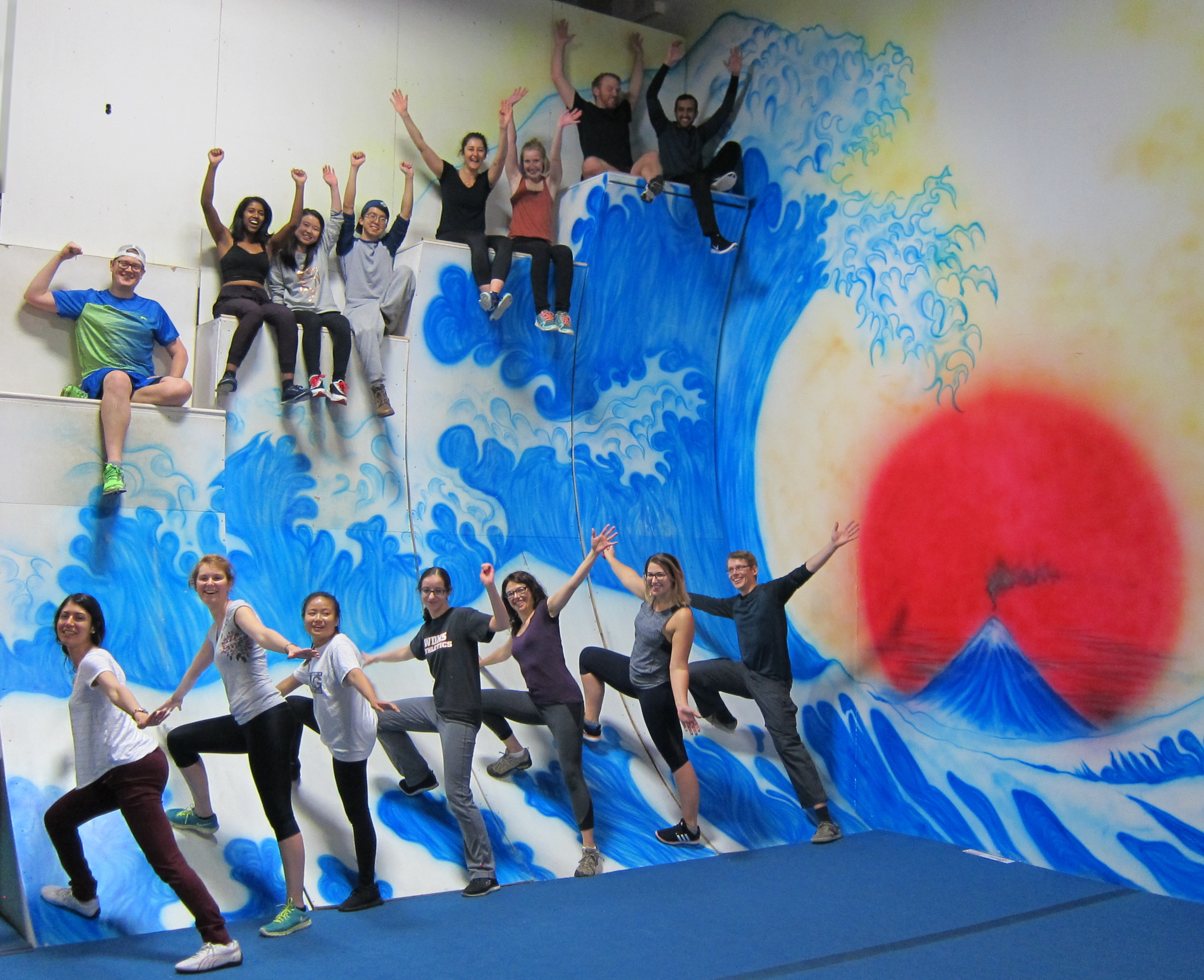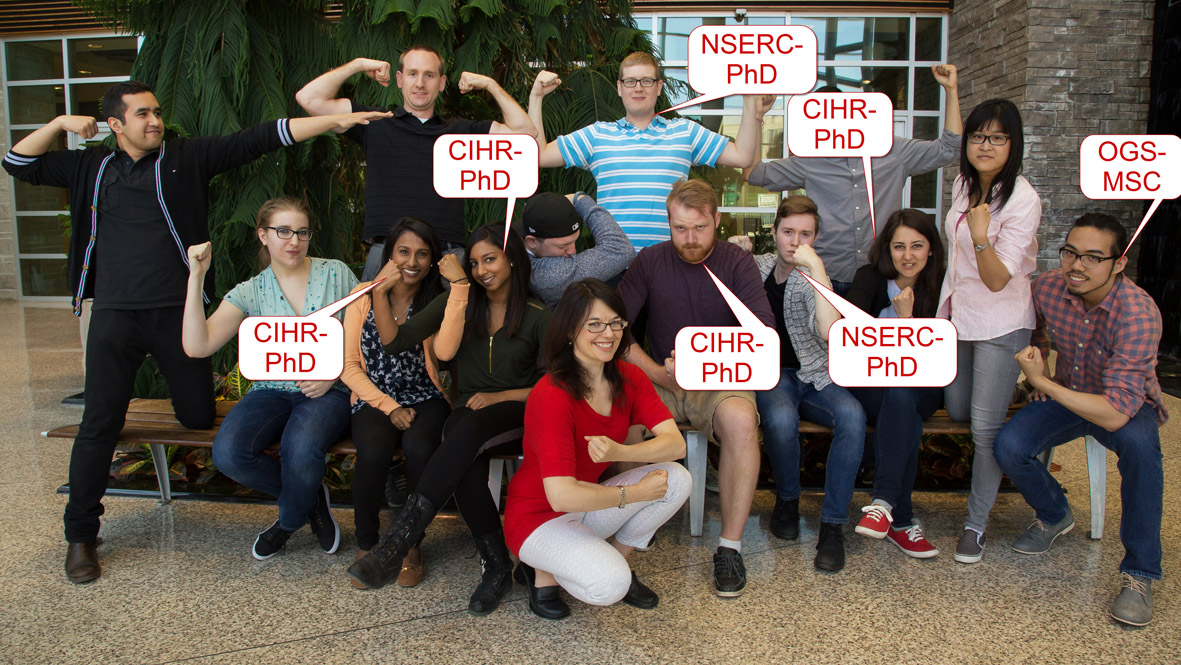Link to publication here.
Link to Bluesky “Skeetorial” here and reproduced below without images:
New paper! “Minimal Impact of Prior Common Cold Coronavirus Exposure on Immune Responses to Severe Acute Respiratory Syndrome Coronavirus 2 Vaccination or Infection Risk in Older Adults in Congregate Care”. For those of you who follow our #COVID work, read on for the story behind the story. 1/n
Remember reports like this one from the beginning of the pandemic? How could some older adults show such resilience to COVID compared to their peers? Some thought that they might have cross reactive immunity due to exposure to the related ‘seasonal’ or ‘common cold’ coronaviruses. 2/n
https://www.cbc.ca/news/canada/ottawa/102-year-old-woman-recovers-from-covid-19-1.5567189
After all, our @mcmasteru.bsky.social colleagues, Dr. Mark Loeb & team had shown years earlier that seasonal/common cold coronaviruses caused a lots of infections in long-term care and others had investigated whether these might protect kids from COVID…. 3/n
https://journals.plos.org/plosone/article?id=10.1371/journal.pone.0108481
….while others have shown that can be very deadly in residents of long-term care (reminding us that words matter and calling them ‘common colds’ minimizes risk – common viruses can still make people very sick, but that is rant for another day). So could pre-existing immunity be protective? 4/n
https://www.thelancet.com/journals/lanhl/article/PIIS2666-7568(23)00018-1/fulltext
Alternatively, maybe older adults got so sick because a life of exposure to these viruses ‘used up’ all the immune cells that could be used to respond to SARS-CoV-2 or COVID vaccines(i.e. ‘immune imprinting’, a phrase I came to hate along with ‘original antigenic sin’ as it was so misused) 5/n
To find out we tested whether antibody levels for the coronaviruses OC43, HL63, and 229E were higher/lower in people whose first COVID infection was an early Omicron variant and found they were not. Therefore it is unlikely these are either protective or problematic 6/n
What about pre-existing anti-coronavirus T cells? We looked at memory CD4+ and CD8+ T cells against the M & N proteins (indicates prev infections) and Spike (vaccine and infections). No evidence that these differed between those who did/did not get an infection (7/n)
What was a correlate of protection? Anti-RBD-IgG & neutralizing antibodies to the ancestral virus (which is all the residents would have been vaccinated to at that point). Unlike others we didn’t find that (serum) IgA was a correlate of protection. 8/n
Pre-existing immunity to common cold coronaviruses didn’t protect against SARS-CoV-2/COVID but might our vaccines and immunity alter immune responses to seasonal coronaviruses? Antibodies to other coronaviruses increased a bit (‘back-boosting’) after COVID infection or vaccination…. 9/n
But I doubt this will have much effect on the prevalence of other coronaviruses who follow a pretty consistent yearly/biennial or big wave/small wave pattern in the Northern hemisphere. We don’t know why but we do know that immunity doesn’t last long so a small boost from COVID infection/vaccination is not likely to make a difference 10/n
https://www.nature.com/articles/s41591-020-1083-1
Caveats: Only measured peoples first infections in the early Omicron era, only older adults living in LTC and retirement homes, vaccines would have been against the ancestral virus – things might be different in other populations/variants/vaccines. 11/n
Huge shout out to Braeden Cowborough for doing all those titres – that’s a lot of plates – and to Dr Jessica Breznik (former @miramcmaster.bsky.social currently @mcmasternexus.bsky.social PDF) for analytic skills. Thanks to the rest of the COVID-in-LTC team @mcmasteriidr.bsky.social



